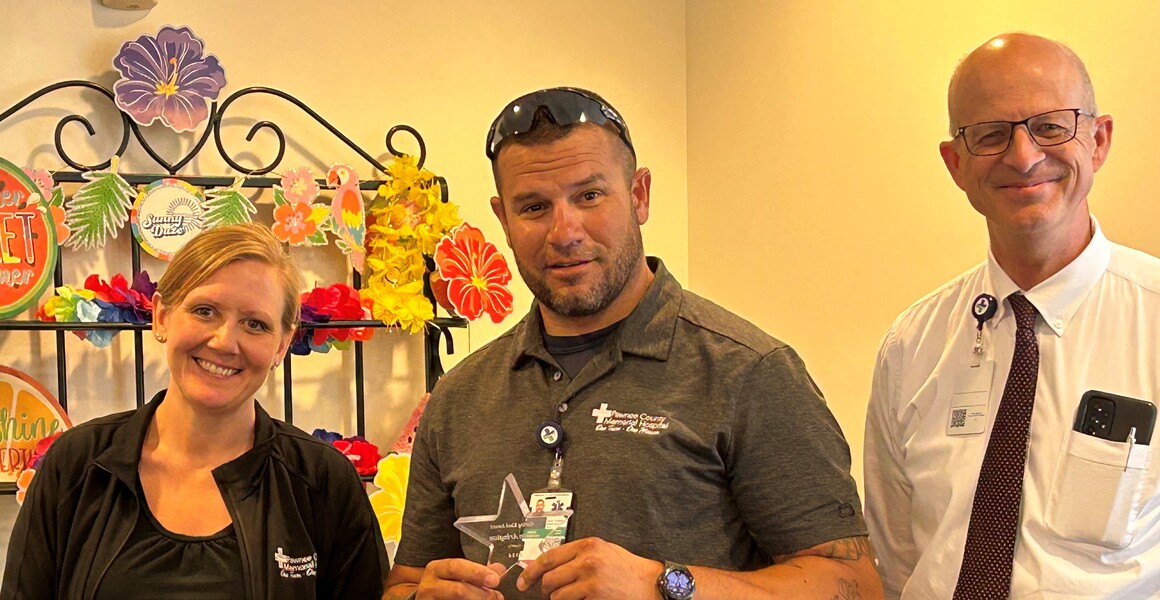A New Year, A New You: A Fresh Start for Your Health
By Dr. Abby Hanzlicek
The beginning of a new year offers a perfect opportunity to hit the reset button on your health. One of the most common New Year’s resolutions is to eat healthier, but for many, it can feel like a daunting task. Fortunately, making healthier food choices doesn't have to mean overhauling your entire diet overnight. With small, manageable changes, you can set yourself up for long-term success and improved well-being.
1. Set Realistic Goals
Rather than aiming for extreme changes, start with realistic and achievable goals. Whether it’s cutting back on sugary drinks, increasing your daily intake of vegetables, or trying to cook more meals at home, having specific goals can help you stay motivated and on track. For example, instead of pledging to "eat healthier," commit to eating one extra serving of vegetables each day or swapping your usual snack for a piece of fruit.
2. Practice Portion Control
Portion sizes have grown larger over the years, leading to overeating even when you’re not particularly hungry. Learning to recognize proper portion sizes can help you avoid overeating. Try using smaller plates, measuring out servings when necessary, and paying attention to your body's hunger cues. It’s important to eat until you’re satisfied, not stuffed.
3. Hydrate with Water
Sometimes, what feels like hunger is actually dehydration. Drinking plenty of water throughout the day is crucial for your overall health and can also curb unnecessary cravings. Try to start your day with a glass of water and carry a refillable water bottle with you to remind yourself to hydrate. Infusing your water with fresh fruits or herbs can make hydration more enjoyable.
4. Cut Back on Sugar and Refined Carbs
Excess sugar and refined carbohydrates (like white bread, pastries, and sugary snacks) can contribute to weight gain, blood sugar imbalances, and other health issues. While it’s okay to indulge occasionally, try to limit your intake of sugary foods and drinks. Swap soda for sparkling water or herbal teas, and choose whole grain options instead of white bread and pasta.
5. Stay Active
Eating healthy doesn’t stop with what’s on your plate. Staying physically active is equally important. Regular exercise not only burns calories but also boosts metabolism, strengthens the heart, and improves mood. Find a form of exercise that you enjoy. Even small amounts of daily physical activity can make a significant difference over time.
Conclusion: A Healthier, Happier You in 2025
As the New Year unfolds, remember that eating healthy is a process that requires patience and flexibility.
It’s important to remember that eating healthy is a journey, not a destination. There will be days when you indulge or slip up, and that’s okay. Don’t let one off-track day derail your entire effort. Focus on progress, not perfection, and celebrate your victories—no matter how small. Building healthy habits is about consistency, not rigid rules or drastic changes. Small, sustainable changes will lead to long-term success, so take it one step at a time and enjoy the journey to a healthier you in 2025.










